In a blistering open-letter style column circulating on the Nation Africa platform, political commentator Lewis Ngunyi directly challenges President William Ruto: who, exactly, are you angry at? The searing piece arrives at a fraught moment in Kenya, as public discontent simmers over economic distress, leadership opacity, and growing accusations of intolerance.
Ngunyi’s column cuts straight through political rhetoric, arguing that the President’s expressed anger — directed at protesters, critics, or political rivals — is unfocused and poorly calibrated. Instead, he contends, the target of that anger should be clear: Kenya’s systemic paralysis, economic hardship, and spiraling public frustration.
At the heart of the column is a stark indictment: the people clamoring for Ruto’s resignation are not simply political opponents but ordinary citizens unable to endure the daily rigours of his governance. According to Ngunyi, their outcry is less about political theatrics and more a desperate cry for relief.
The tone of the piece is emphatic: Kenya faces economic stagnation, joblessness among youth, and a rising sense of disillusionment with government institutions. Ngunyi insists that the President ignore these realities at his peril. The protests, he argues, are symptomatic of a nation that has no appetite for further delay.
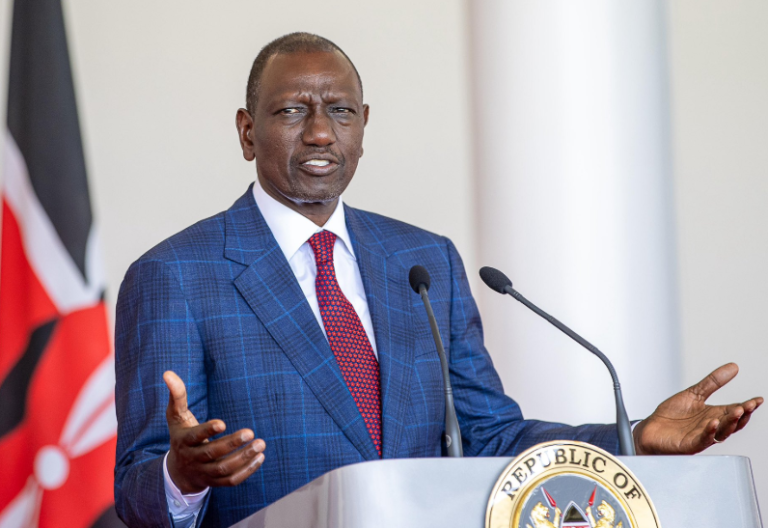
The column also highlights the administration’s approach to dissent. Ngunyi warns that branding critics or protesters as enemies or agitators only deepens the rift between State and citizens. For him, the real adversary should be the architecture of failure — a government that has forsaken accountability and inclusive governance.
In effect, the column serves as both a warning and a wake-up call. Ngunyi demands that President Ruto channel his anger not at his detractors, but at what is failing in his tenure — the unchecked governance gaps, the lack of meaningful reform, and the widening gulf between political promise and public delivery.
National response is swift. Readers and analysts are already discussing the column as a turning point: one that could either spur soul‑searching within State corridors or harden the prevailing culture of confrontation. Observers suggest that the piece frames a critical choice for the presidency: engagement or escalation.
As tensions rise and Kenya’s socio-political fault lines deepen, Ngunyi’s message is unmistakable: the President should be angry — but at the right things. And for a country at a boiling point, that anger may be the spark that ignites either reform or rupture.


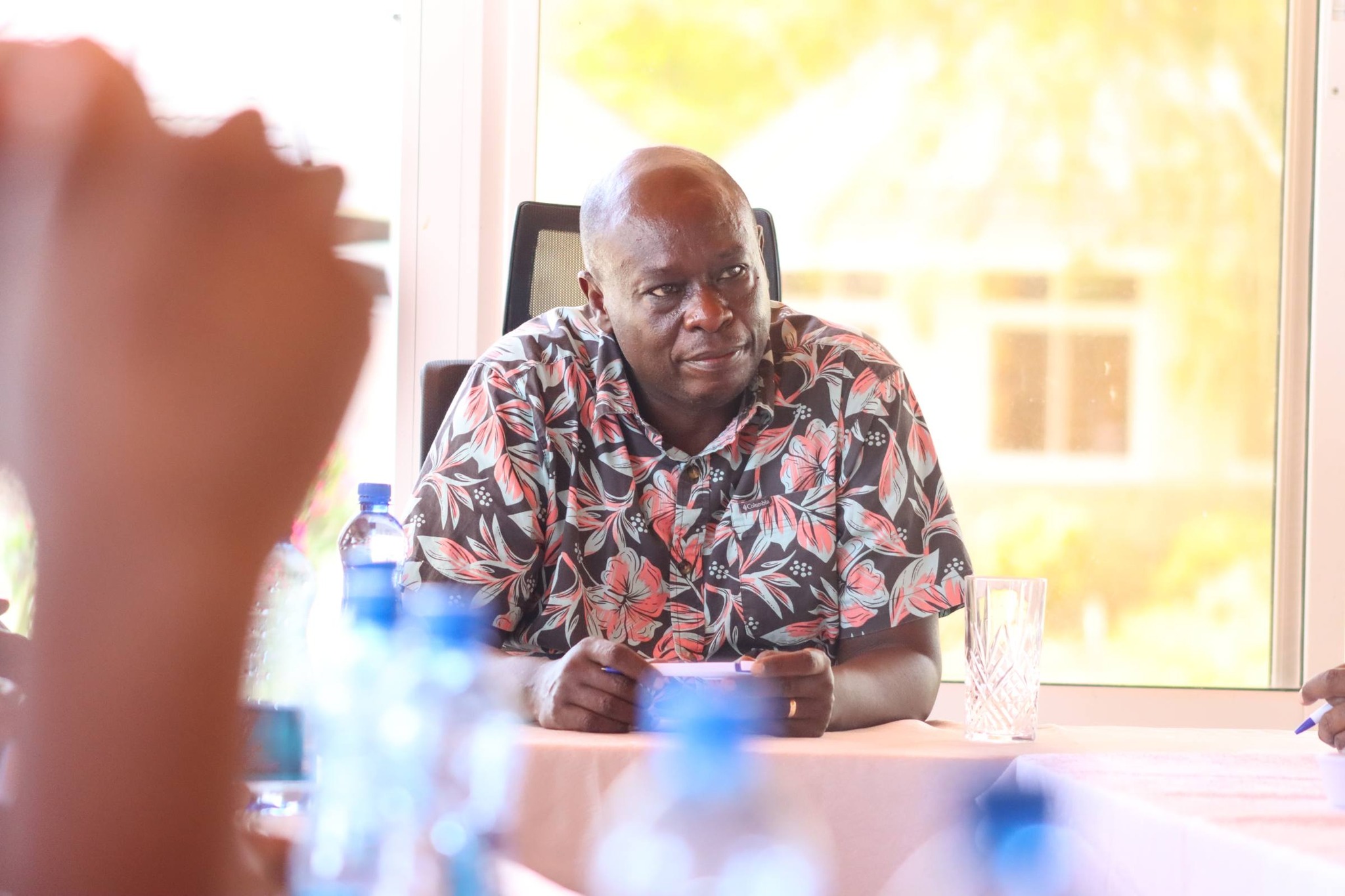
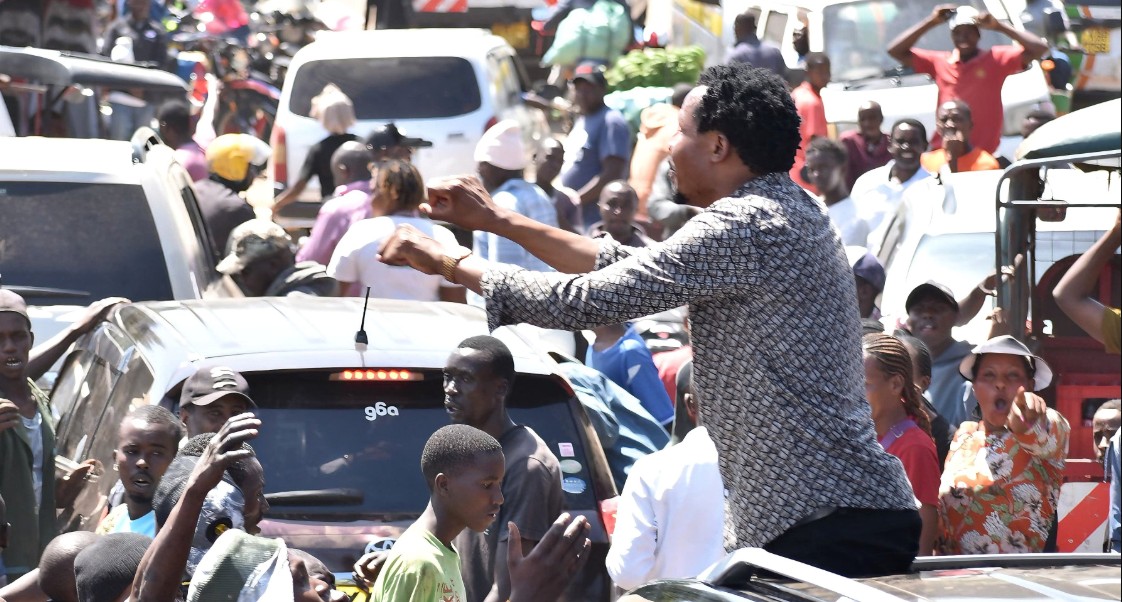

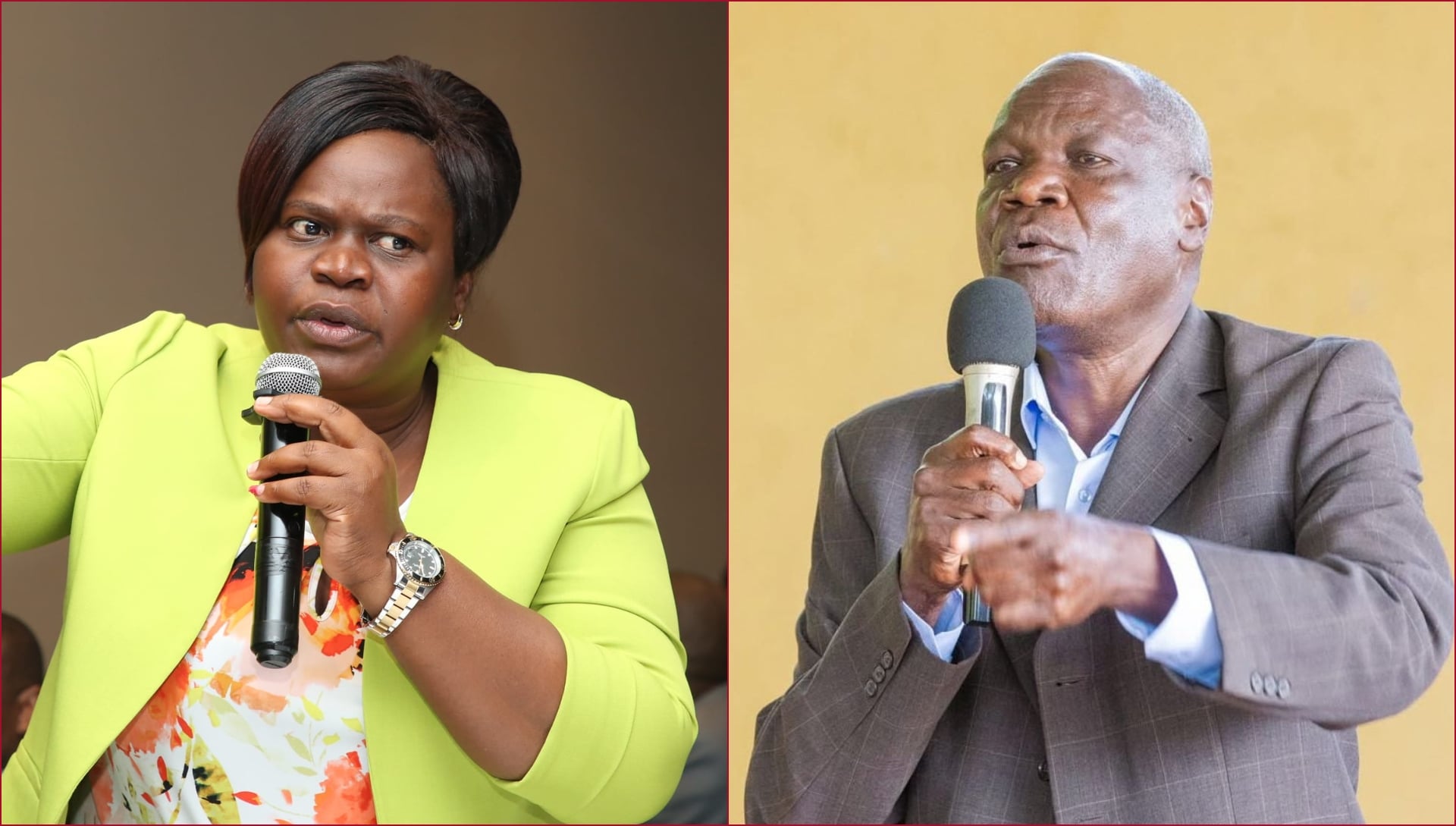
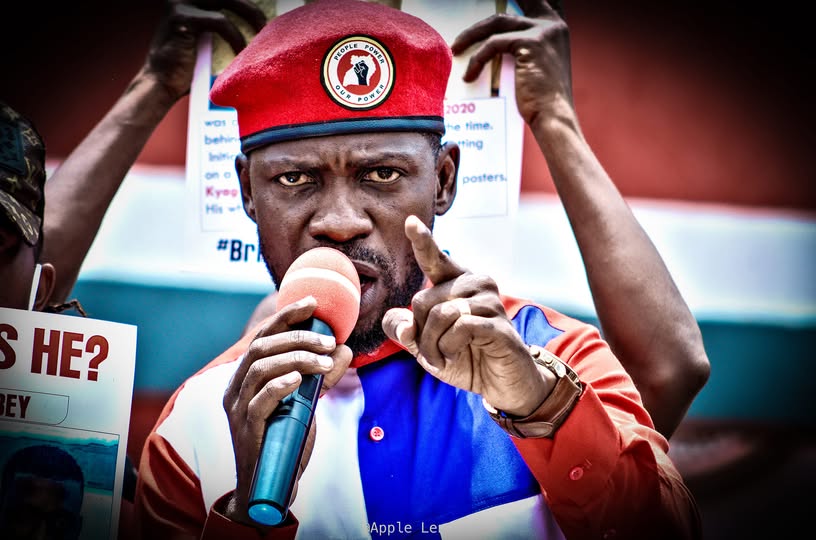
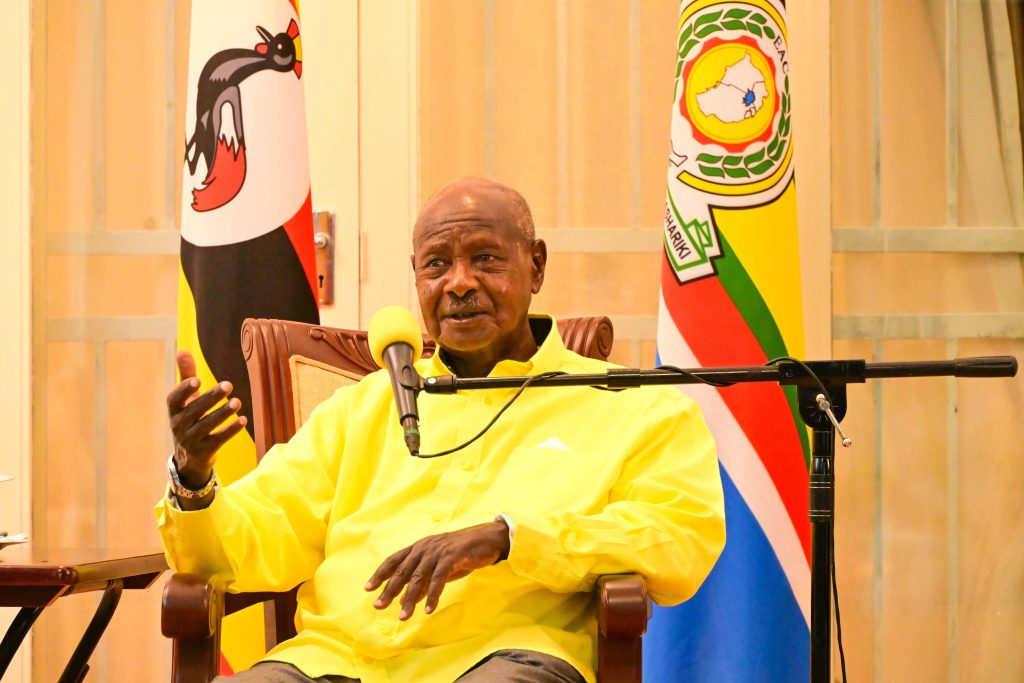






Leave a Reply